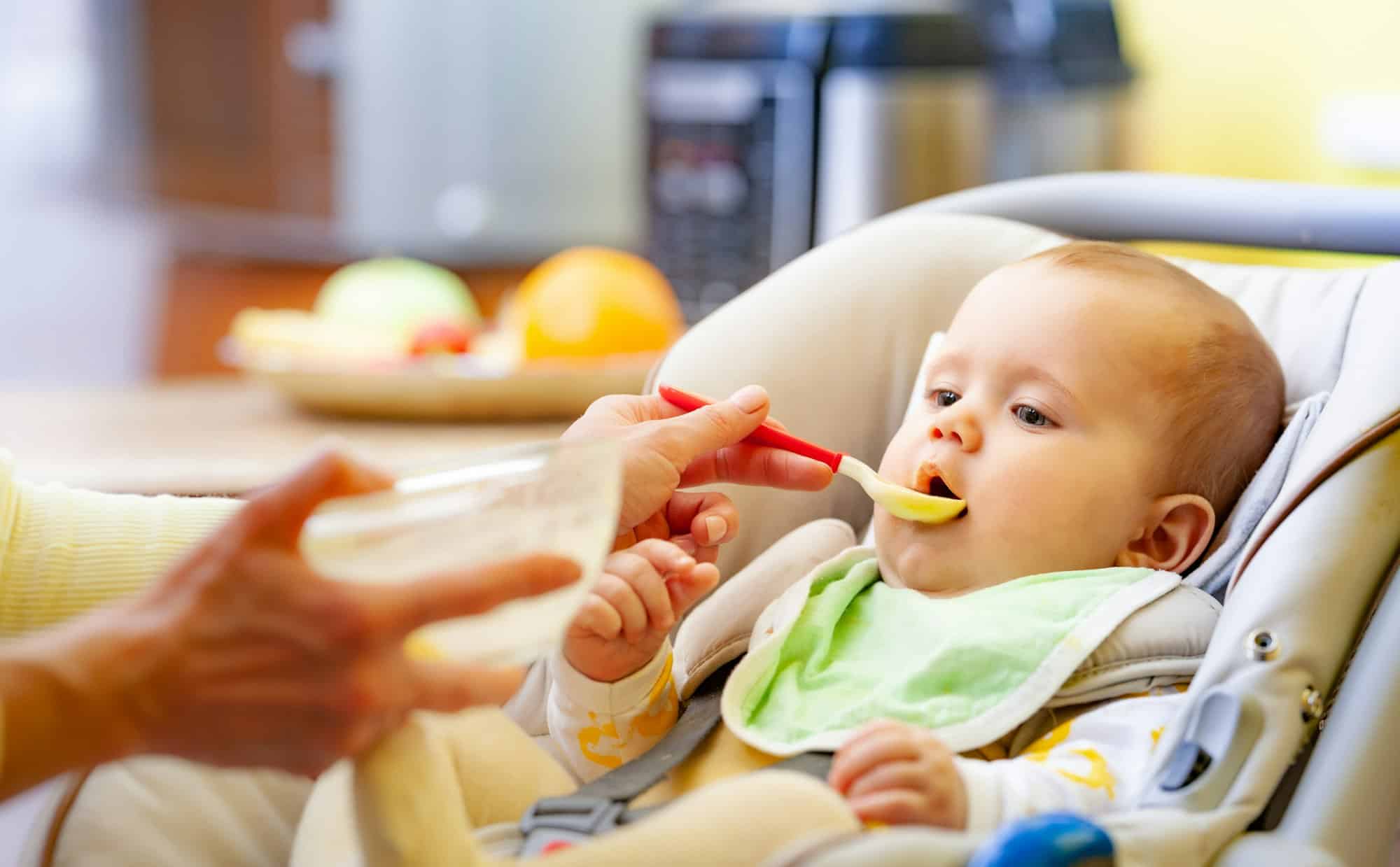The advent of smart technology has revolutionized many aspects of our modern lives. From smartphones to smart homes, we’ve seen the integration of smart devices into everyday life, designed to make our tasks easier and more efficient. Now, this wave of innovation is sweeping into the baby care market, bringing the concept of smart diapers to the table.
Smart diapers are a new-age solution for parents, aiming to monitor infant health and provide crucial insights that can ease the parenting journey. In this article, we will delve into the details of how smart diapers work, their features and benefits, and the current trends in the global market.
A lire en complément : What’s the Role of Interactive Digital Signage in Enhancing Customer Experience?
The Technology Behind Smart Diapers
Smart diapers are the result of the successful integration of technology into baby care. This revolutionary product has completely altered the way parents monitor their child’s health.
Smart diapers utilize a small sensor attached to the diaper. This sensor collects data on various health indicators, including hydration levels, sleep patterns, and diaper wetness. Subsequently, it sends the information to a connected device like a smartphone, allowing parents to monitor their baby in real time.
Sujet a lire : Can Telepresence Robots Enhance Remote Collaboration for UK Businesses?
This technology-enabled care system is designed to alert parents when the diaper is wet or when irregularities in the baby’s health data are detected. The data collected by the sensor can also provide insights into the baby’s sleep patterns and overall health, helping parents make informed decisions about their child’s care.
Benefits of Using Smart Diapers
Smart diapers are not just about convenience; they can provide a wealth of benefits to both the parents and the child.
For parents, smart diapers can be a significant time-saver. Traditional methods of checking a diaper’s wetness can be disruptive, especially during the baby’s sleep. Smart diapers eliminate this need, alerting parents only when necessary and thus reducing the frequency of diaper checks.
In terms of child health, smart diapers can detect potential health issues at an early stage. For example, unusual hydration levels can be a sign of dehydration or a urinary tract infection. By monitoring these health indicators, parents can seek medical help promptly if any irregularities are detected.
Furthermore, the data collected by the smart diapers can also help parents understand their child’s natural patterns, such as sleep and feeding cycles, making it easier to establish a routine.
Trends in the Global Smart Diapers Market
The smart diapers market is set for exponential growth in the coming years. According to a report by Grand View Research, the global smart diapers market size was valued at $6.0 billion in 2020 and is expected to grow at a compound annual growth rate (CAGR) of 6.6% from 2021 to 2028. This growth is primarily driven by increasing awareness about child health and the convenience offered by smart diapers.
There are several key players in the global smart diapers market, such as Pampers, Huggies, and Monit Corp. These brands have been constantly innovating and introducing new features to their smart diapers, like sleep tracking and real-time alerts, to attract more parents towards their products.
Challenges and Opportunities in the Smart Diapers Market
While the smart diapers market shows promising growth, it is not without its challenges. One of the major hurdles is the cost. Smart diapers are significantly pricier than conventional diapers, which can deter cost-conscious parents. Additionally, concerns about data privacy and potential health risks due to prolonged exposure to sensors are also a matter of debate.
Despite these challenges, the market presents ample opportunities. As technology continues to evolve, improvements in sensor technology can lead to more accurate data collection, smaller-sized sensors, and lower production costs, making smart diapers more accessible. Furthermore, increased consumer education about the benefits of smart diapers can also help overcome resistance and increase adoption rates.
In conclusion, smart diapers are a promising innovation in the baby care market. By utilizing advanced technology, they allow parents to monitor their child’s health in a convenient manner, providing valuable insights that can ease the parenting journey. Although the market faces some challenges, the opportunities for growth and development are immense.
Insights into Key Players in the Smart Diapers Industry
In the rapidly growing smart diapers industry, several key players are making significant strides in innovation and technology. Pampers, Huggies, and Monit Corp are among the frontrunners in the market, constantly introducing new features in their smart diapers to stay competitive and appealing to discerning parents.
Pampers, for example, has introduced Lumi, a system that combines a video baby monitor with an activity sensor on the diaper. This allows parents to track not only diaper changes but also sleep patterns and feeding times. Similarly, Huggies has partnered with Korean startup Monit Corp to develop a Bluetooth-enabled sensor that attaches to the outside of a diaper, alerting parents via a smartphone app when a diaper change is needed.
Not to be left behind, Monit Corp has patented its unique diaper sensor technology. This tiny, non-invasive sensor clips to the outside of any conventional diaper and monitors humidity and temperature to determine when a diaper change is needed.
However, the market isn’t limited to these established players. Numerous startups, such as Pixie Scientific, are developing innovative solutions in the smart diaper space. Pixie Scientific has developed smart diapers that can track urinary tract infections, prolonged dehydration, and even type 1 diabetes.
Conclusion: The Future of Smart Diapers
The advent of smart diapers is an exciting development in the realm of infant care. By leveraging advanced technology, these innovative products are transforming the way parents monitor their babies’ health, bringing real-time, actionable insights right to their fingertips.
The global smart diapers market size is set for significant growth, driven by an increasing awareness of child health and a growing appreciation for the convenience that these products offer. Despite some challenges, such as cost and data privacy concerns, the potential for development and market expansion is abundant.
As technology continues to evolve, we can expect to see more advancements in this space. From smaller, more accurate sensors to more affordable options, the future of smart diapers looks promising. Moreover, as more parents become aware of the benefits of smart diapers, market share is likely to increase, making these revolutionary products an integral part of child care.
In conclusion, the influence of smart diapers on baby care is undeniable. They offer a new level of convenience and health monitoring that was unthinkable a few years ago. While there are challenges to overcome, the opportunities for growth, development, and innovation in the smart diaper market are immense.











